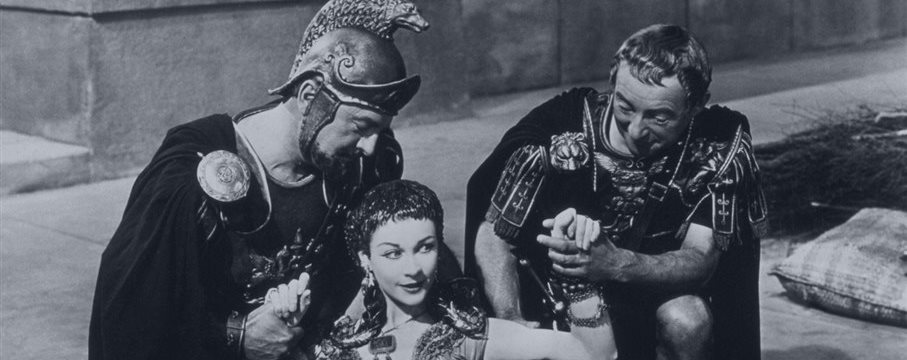Let’s begin with a quote in Latin. That will put us in the right mood – reaching for the eternal verities: “Fere libenter homines id quod volunt credunt”. That was written by Julius Caesar in his De Bello Gallico, his account of the conquest of Gaul. We didn’t know what it meant either, until last night. In case your Latin is a little rusty, we will give you a little WD-40. It means “men willingly believe what they want to believe.”
At least, they believe it as long as they can. As long as stocks rise, for example, they can believe that the economy is recovering nicely, and that they will get richer and richer just by owning pieces of someone else’s business.
They call it ‘investing’. But that is mere flattery.
Someone else already did the investing when they built the factories and developed the business. ‘Investing’ implies you are doing something that will provide more or better products and services, something that improves productivity and makes us better off.
But when you buy shares in an existing business, you are simply buying out someone else’s position.
Will the price of your shares go up? Or down? Who knows. One business grows. Another shrinks. You cannot know, in advance, which will be which. And taken all together, the shares in a nation’s businesses are unlikely to grow more than the economy itself.
In the US, for example, over the last six years, real growth has averaged 0.9% per year. But stocks have gone up more than 130% in the US. How is that possible?
Well, first earnings rose. Businesses ditched expensive labour. Stopped new projects. Trimmed down and boosted profit margins. They also benefited from low-cost financing, rolling over their debts at lower interest rates and reducing their interest expenses.
Then, the liquidity produced by quantitative easing (QE) and ZIRP needed a place to go. It could not get to the consumer, because households were still cutting back on debt and wages were actually going down. So, it stayed in the financial sector, pushing up asset prices.
Result: stock prices far exceeding GDP growth.



